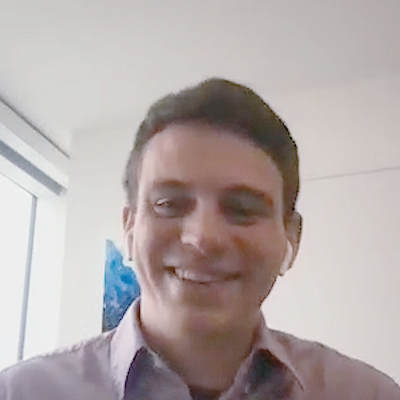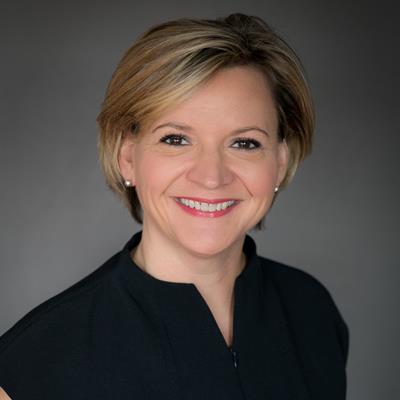October 5, 2022 -- The 2022 Nobel Prize in Chemistry has been awarded to three scientists for the development of click chemistry, which allows molecular building blocks to be snapped together like Legos to create complex molecules. Their work has important implications for pharmaceutical development and medicine.
The Royal Swedish Academy of Sciences named Stanford University's Carolyn Bertozzi; the University of Copenhagen's Morten Meldal; and Scripps Research's K. Barry Sharpless as the laureates. The three will share the 10 million Swedish kronor prize.
Chemists aspire to build increasingly complicated molecules. Pharmaceutical researchers have artificially recreated natural molecules with medicinal properties, but these are generally time consuming and expensive to produce.
Sharpless' work laid the foundation for click chemistry -- a functional form of chemistry in which molecular building blocks snap together efficiently, reactions occur quickly, and unwanted byproducts are avoided.
Shortly afterwards, Sharpless and Meldal independently presented the copper catalysed azide-alkyne cycloaddition, an efficient chemical reaction now in wide use. Such uses include developing pharmaceuticals for mapping DNA.
Bertozzi took click chemistry further. To map glycans -- important but elusive biomolecules on cell surfaces -- she developed click reactions that work inside living organisms. These bioorthogonal reactions take place without disrupting normal cell chemistry and are now used globally to explore cells, track biological processes, and improve the targeting of cancer pharmaceuticals now in clinical trials.
The Academy believes that click chemistry and bioorthogonal reactions have made chemistry more functional.
"The laureates' remarkable accomplishments have increased our means to improve our world and better our lives, truly to the benefit of humankind," said chemistry professor Olof Ramström, a member of the Royal Swedish Academy of Sciences and the Nobel Committee for Chemistry.
Copyright © 2022 scienceboard.net





